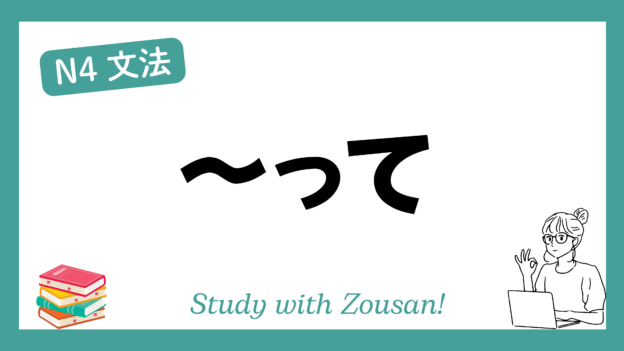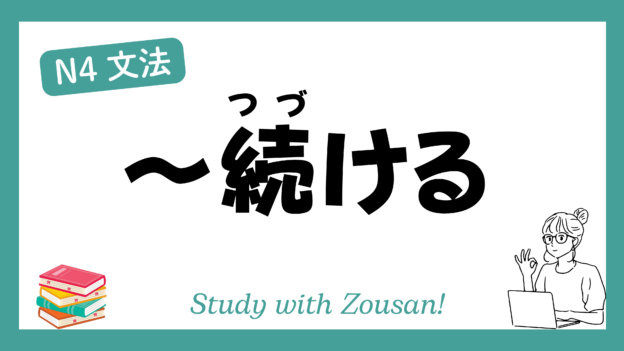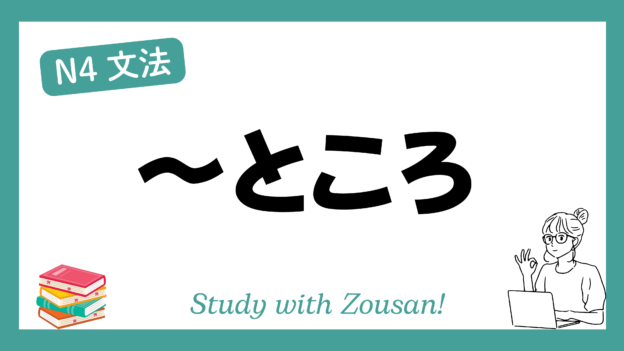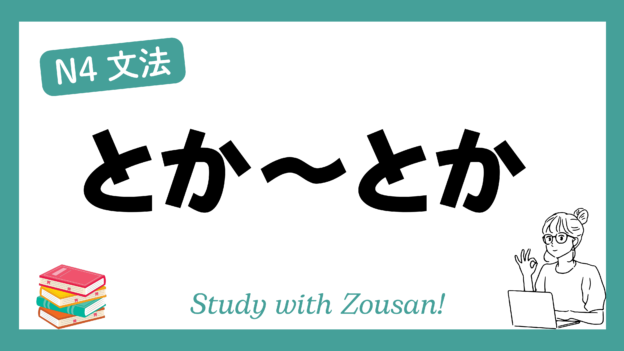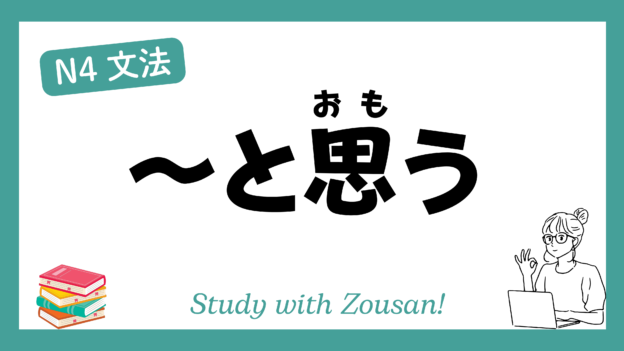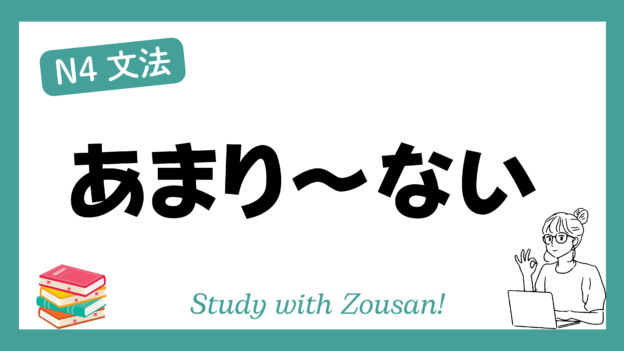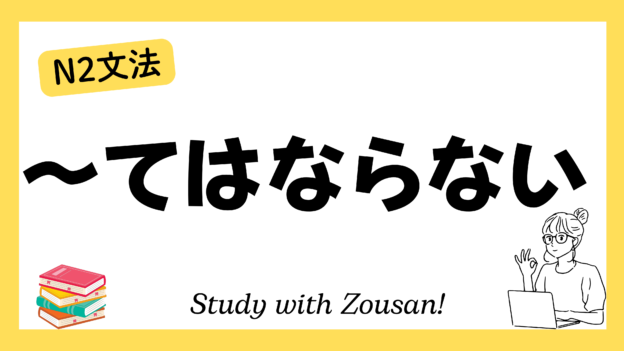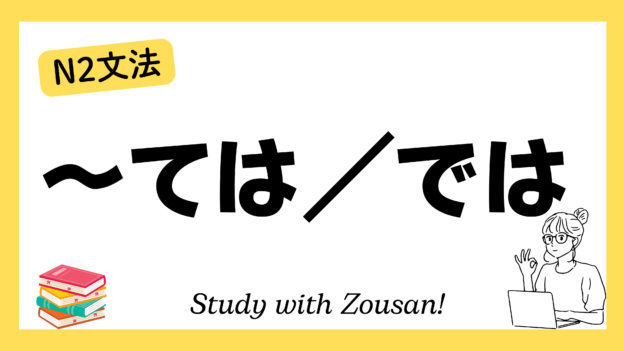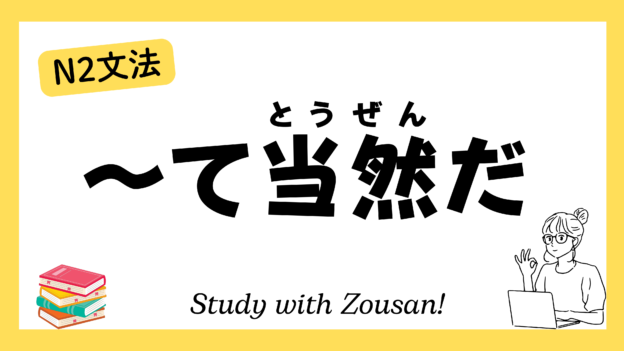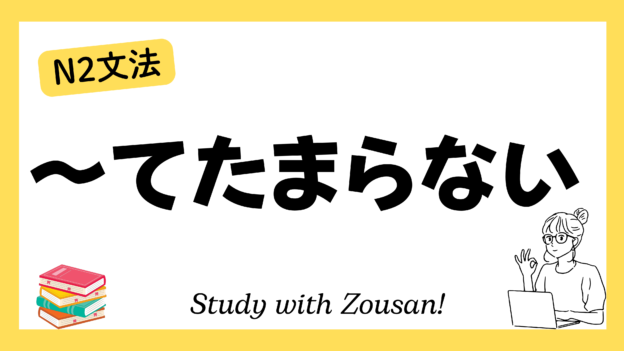Meaning: “Called…” / “Means…” / “About…”
Noun+って is an informal expression used to repeat or introduce a noun. This structure can be used to emphasize a noun, ask about it, or comment on it.
※Note:
・Noun+って is commonly used in casual conversations or everyday spoken language, conveying a natural, friendly tone.
・This structure can be used to repeat or clarify a noun that the listener might not know, or to ask for more details about it.
・When used for emphasis, it can convey a sense of doubt or surprise depending on the context and the speaker’s tone.
Structure:
| Noun + って/っていう |
Example:
-
-
-
🌟 東京って、どんなところですか?
(とうきょう って、どんな ところ です か)
What kind of place is Tokyo? -
🌟 田中さんって、誰ですか?
(たなか さん って、だれ です か)
Who is Tanaka? -
🌟 寿司って、どんな食べ物ですか?
(すし って、どんな たべもの です か)
What kind of food is sushi? -
🌟 フリーランスって、仕事はどうですか?
(フリーランス って、しごと は どう です か)
What is freelance work like? -
🌟 漫画って、本当に人気があるんだね。
(まんが って、ほんとう に にんき が ある んだ ね)
Manga is really popular, isn’t it? -
🌟 AIって、何のことですか?
(AI って、なん の こと です か)
What does AI mean? -
🌟 和食って、健康にいいらしい。
(わしょく って、けんこう に いい らしい)
I heard that Japanese food is good for health. -
🌟 彼って、本当に優しい人だね。
(かれ って、ほんとう に やさしい ひと だ ね)
He is really a kind person, isn’t he? -
🌟 ネットって、便利だけど時々危険だよね。
(ネット って、べんり だけど ときどき きけん だ よ ね)
The internet is convenient, but sometimes it’s dangerous, isn’t it? -
🌟 春って、桜の季節だね。
(はる って、さくら の きせつ だ ね)
Spring is the season of cherry blossoms, isn’t it?
-
-


